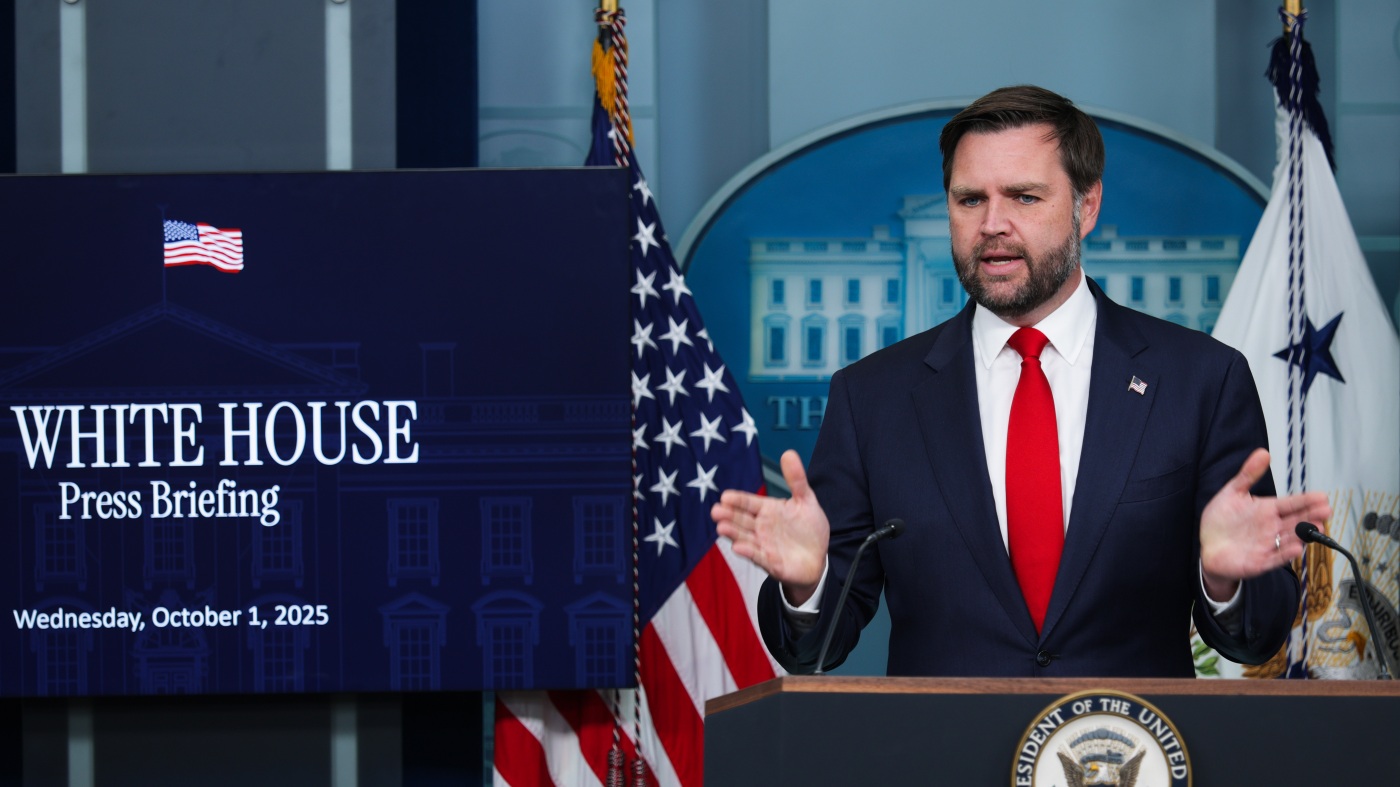In recent discussions around the Affordable Care Act (ACA), insurance leaders across the United States are sounding an urgent call for action regarding the extension of subsidies provided through the ACA marketplaces. With the government shutdown commencing on October 1, these leaders find themselves in a partisan tug-of-war between Democrats and Republicans over the urgency of extending enhanced premium tax credits before the critical open enrollment period begins on November 1.
### Importance of ACA Subsidies
As many as 24 million Americans who do not have employer-sponsored insurance rely on these marketplaces for health plans. The subsidy enhancements, which have been in place since the pandemic, are vital for making health insurance affordable, particularly for those in low to moderate-income brackets. Without swift legislative action, these enhancements are set to expire in December, potentially resulting in a massive jump in insurance premiums.
According to Jon Godfread, North Dakota’s insurance commissioner and president of the National Association of Insurance Commissioners (NAIC), failing to extend these subsidies could prove catastrophic for consumers. He highlights that premiums might surge by as much as 114%—an increase that could see families going from paying around $800 a month to over $3,000. This dramatic rise could price many out of the marketplace, making it increasingly difficult for them to obtain necessary healthcare coverage.
### Bipartisan Concerns
While lawmakers are divided along party lines, it is critical to note that the issue of ACA subsidies transcends partisan politics. Even in states that lean Republican, insurance executives are united in their advocacy for these enhancements. Godfread emphasizes the nonpartisan nature of the appeal for extending these subsidies. “Red state, blue state, appointed, elected — we have unanimous approval supporting these tax credits,” he asserts. In fact, polling suggests that a significant majority—78%—of voters across the political spectrum support continuing these enhanced subsidies.
Insurance commissioners have been on the frontlines, warning lawmakers about the ramifications of allowing these subsidies to lapse. Godfread mentions that discussions began as early as January, with several communications sent to Congress about the impending crisis.
### The Current Landscape
The current climate indicates that while ACA markets have stabilized over the last decade, any lapse in subsidies could turn back the clock on progress. Increased insurance costs could prompt healthier individuals to drop coverage, destabilizing the risk pool and leading to higher healthcare costs for everyone. Additionally, more uninsured individuals translate into greater uncompensated care for hospitals, which can have long-lasting implications for state budgets.
Although Republicans may argue that there’s time for negotiations, insurance leaders like Godfread contend that with open enrollment right around the corner, immediate action is crucial. “Let’s do this now,” he urges. He believes that any delay could lead to a lost opportunity for many families who rely on these subsidies.
### The Path Forward
As the clock ticks down to the open enrollment period, health insurers are in a position to respond quickly if Congress acts decisively. According to Godfread, most states have prepared for this scenario by having insurers file two sets of rates: one reflecting the subsidies and one without. This means that should Congress pass a clean extension of the subsidies, states could seamlessly implement those rates, providing consumers with affordable options when they log in to shop for healthcare plans.
Godfread remains hopeful that lawmakers are beginning to understand the importance of this issue. “We’ve had more conversations— we’ve got to get some action, though,” he states earnestly, underlining the necessity for proactive governmental intervention.
### Conclusion
The urgency surrounding the ACA subsidy discussion cannot be understated. With millions of individuals relying on these financial aids, a failure to act in a timely manner could have severe repercussions not only for consumers but also for the overall healthcare system. The appeal for bipartisan cooperation is clear: insurance leaders from both political arenas recognize the life-altering importance of these subsidies. As open enrollment approaches, all eyes are on Congress to take swift action and avoid a potentially daunting healthcare crisis for millions of Americans. This collective urgency serves as a reminder that healthcare is not simply a political issue but a humanitarian one, with real-world impacts on the lives of everyday people.
Source link










